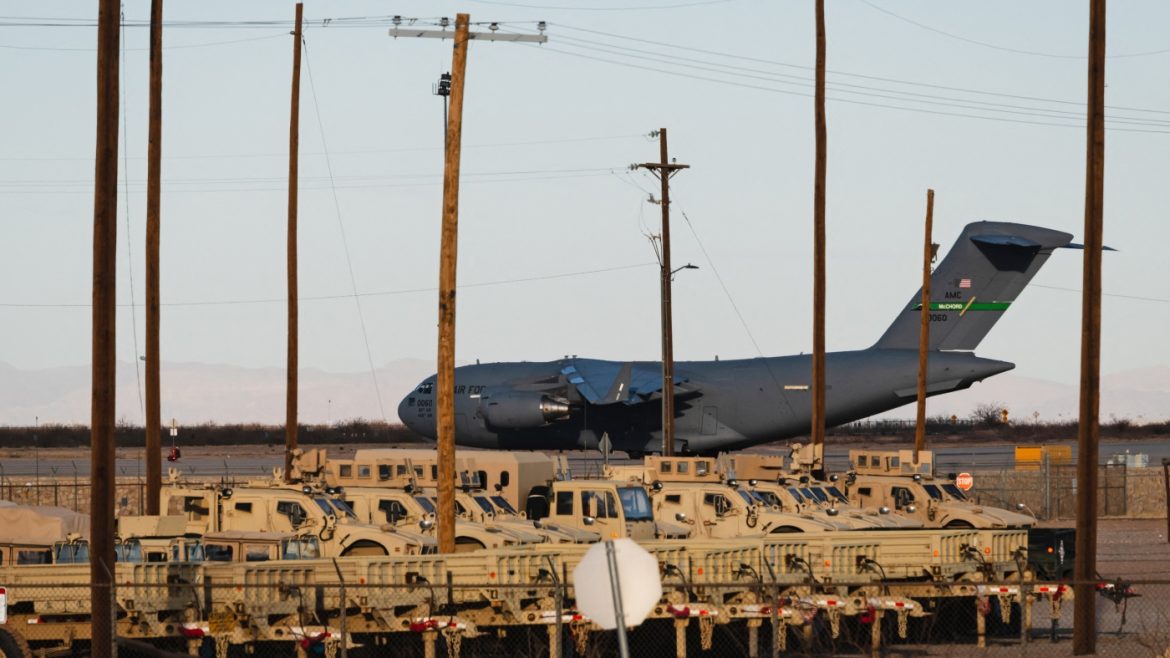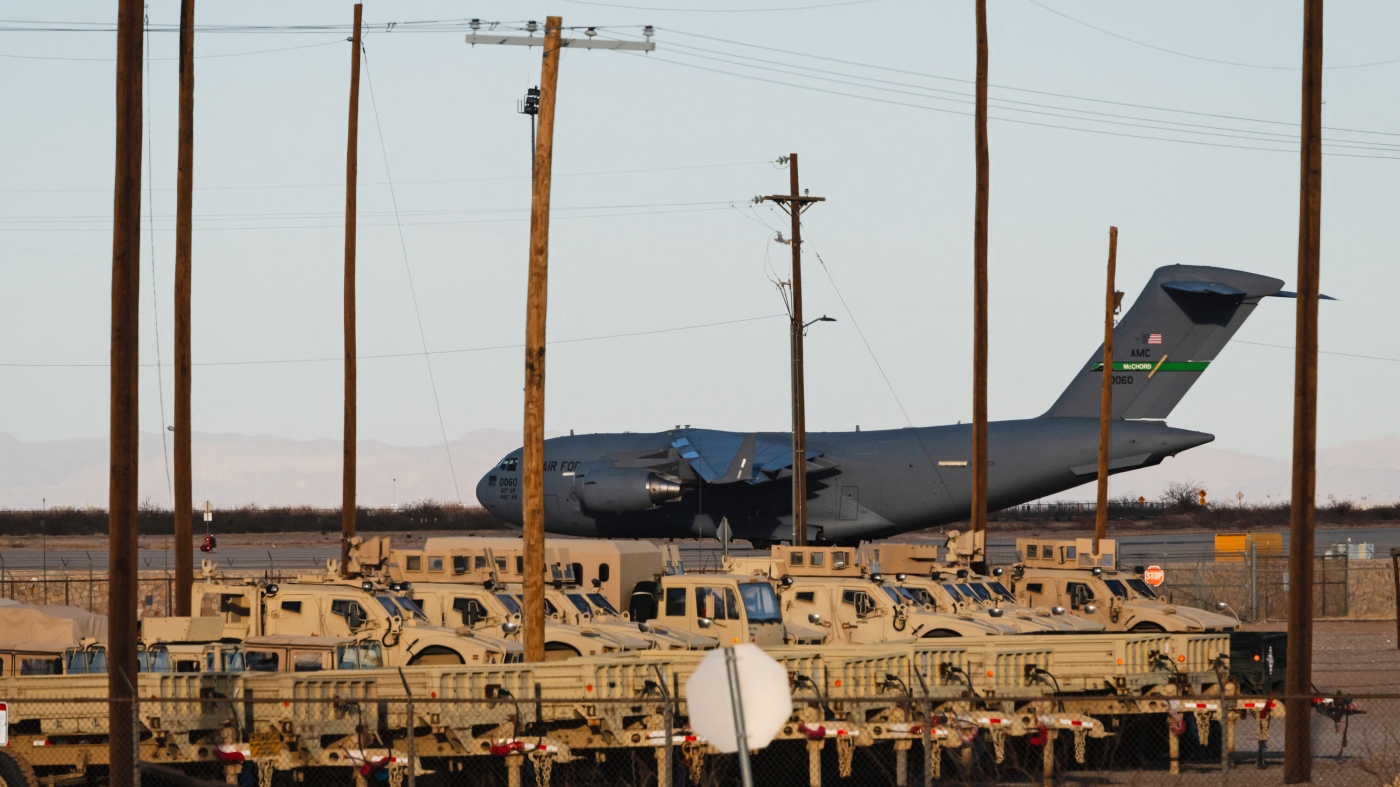The Trump administration’s controversial approach to deporting migrants has ignited a complex and contentious legal battle in U.S. courts, centering on alleged violations of court orders, due process rights, and humanitarian protections. The key issues revolve around attempts by the administration to deport migrants—some not from their countries of origin—especially to fragile and war-torn nations like South Sudan and Libya, despite judicial rulings aiming to protect vulnerable migrants from immediate or harmful expulsion. This analysis delves into the legal maneuvers, judicial responses, and broader implications surrounding these deportation efforts.
Deportations to South Sudan: Alleged Violations and Court Pushback
Several recent court filings and attorney statements highlight a critical concern: the Trump administration reportedly deported migrants to South Sudan who are not originally from that country, thereby violating existing court orders. Immigration attorneys have moved swiftly to challenge this action, asking federal judges—particularly in Massachusetts—to block any such deportations unless migrants receive proper written notices and adequate time to contest their removal.
This issue is especially alarming because South Sudan remains a conflict-ridden state, raising humanitarian and legal questions about forcibly sending migrants to places where their safety is questionable. The legal argument centers on due process violations, asserting that sudden deportations without proper notice or opportunity to challenge undermine migrants’ fundamental rights.
Libya Deportations and Judicial Intervention
Alongside South Sudan, Libya has emerged as a focal point of controversy. The Trump administration intended to deport migrants swiftly to Libya, but a U.S. judge ruled that such actions would clearly breach a prior court order. The order explicitly forbids rapid deportations to countries other than migrants’ nations of origin without consideration of potential persecution or torture risks. Reports indicate that Libya’s political instability, including rival governments refusing deportees, complicates any forcible returns.
Moreover, attorneys have repeatedly sought injunctions to block deportations to Libya citing the grave danger faced by migrants there. Federal court decisions reflect an ongoing reluctance to permit deportations to unsafe environments without thorough judicial oversight, reinforcing protections against exposing migrants to life-threatening situations.
Legal Status and Humanitarian Programs: Counteractions to Trump Policy
The Trump administration’s attempts to curtail protections for significant migrant populations have met substantial resistance in the courts. For example, federal appeals courts have rejected efforts to revoke temporary legal statuses for nearly a million migrants and have blocked termination of humanitarian parole programs benefiting migrants from Cuba, Haiti, Nicaragua, and Venezuela. These decisions demonstrate judicial concern about abrupt policy shifts that undermine migrants’ legal statuses and protections.
Furthermore, regarding Venezuelan migrants specifically, courts have temporarily blocked deportations under the seldom-used Alien Enemies Act, an 18th-century wartime law Trump’s administration invoked. The U.S. Supreme Court has issued temporary stays on deportations, maintaining migrant protections while lower courts review the legality and applicability of this law in modern immigration contexts.
Due Process and Legal Challenges
At the heart of the legal confrontation is the principle of due process. Numerous legal challenges argue that the Trump administration’s sudden and “swift” deportations infringe on the migrants’ rights to meaningful notice and an opportunity to contest their removal. Particularly troubling are cases where migrants have been or are at risk of being deported to countries where they may suffer persecution, torture, or imprisonment without prior judicial determinations of such risks.
For instance, a notable case involves an individual granted protected status in the U.S. who nevertheless faced deportation to El Salvador’s prison system, despite existing legal protections. Such cases accentuate the tension between executive deportation policies and courts safeguarding procedural rights and humanitarian considerations.
Judicial Authority and Limits
Some judges have expressed limitations in their authority regarding certain deportation actions, such as under the Alien Enemies Act, illustrating the complex jurisdictional and legal boundaries courts navigate. While higher courts have generally intervened to restrict or halt contentious deportations, lower court rulings sometimes reveal frustration or constraints in restraining executive actions on immigration.
Notably, the Supreme Court’s engagement—issuing temporary blocks and directing cases back to lower courts—reflects a cautious and procedural approach to these high-stakes legal matters, indicating unresolved legal questions around executive deportation powers and migrant protections.
Broader Implications and Humanitarian Concerns
The deportation efforts to countries like South Sudan and Libya, combined with challenges to migrant legal statuses and protections, raise profound ethical and geopolitical concerns. Forcibly removing individuals to unstable or hostile regions risks violating international human rights norms and U.S. commitments to asylum seekers’ safety. The legal battles underscore tensions between immigration enforcement priorities and humanitarian responsibilities.
The repeated judicial pushback reflects an attempt to balance national immigration control with adherence to legal safeguards designed to prevent wrongful or dangerous deportations. It also signals to the administration and policymakers that extensive judicial scrutiny will accompany policies perceived as undermining migrants’ rights or safety.
Conclusion: A High-Stakes Legal and Moral Crossroads
The Trump administration’s deportation policies have triggered significant legal challenges that courts have addressed through injunctions, stays, and detailed scrutiny of migrant protections. The deportations to South Sudan, Libya, and the application of wartime laws to modern immigration contexts illustrate complex clashes between enforcement objectives and judicial oversight aimed at preserving due process and humanitarian principles.
As these disputes continue to unfold, they spotlight the delicate balance required in immigration governance—between upholding laws governing nationality and security and recognizing the human dignity and legal rights of migrants facing uncertain and often perilous fates. The courts’ active intervention reaffirms that any approach to deportation must carefully consider migrants’ individual circumstances, legal protections, and the realities of their destinations.
This ongoing saga serves as a critical case study in the interplay of law, policy, and human rights, with lasting implications for the future of migration policy and justice in the United States.


